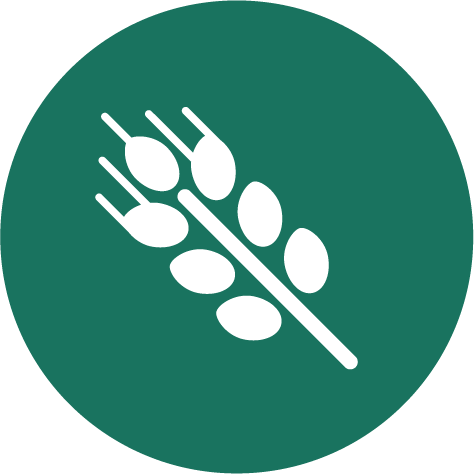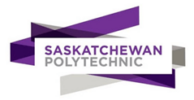 Agriculture & Agri-Food
Agriculture & Agri-Food Online at your own pace
Online at your own pace Fall Term
Fall Term Winter Term
Winter Term Less than $500
Less than $500 English
English
Precision farming is a practice that can take advantage of existing software applications to track equipment, maintenance, and failure rates. In this microcredential, you will explore how using equipment monitoring can improve maintenance. There are eight microcredentials within the Precision Farming series and they can be taken in any order or on their own.
Flexibility in our offerings and innovation in our approach is considered essential to demonstrate our continued commitment to student success. This includes an interest in managing machine maintenance. The ideal learner will be looking to adopt sustainable farming practices and already be employed in the farming industry, either as an employee or owner. It is expected that the learner will have at least basic digital skills. The learners will complete the modules at their own pace.
Prior Learning
Learning Outcomes
Assessment
Precision farming practices using the latest techniques and technologies address various aspects of carbon footprint and clean technologies. An understanding of how smart equipment can assist with the reduction of greenhouse gases, not only regarding fertilizer application but also pesticide use and seeding practices, is vital. Technology and data collection play an important role is making decisions regarding sustainable farming practices:
Innovative solutions, including clean technologies, are required to reduce emissions from agriculture. Promising new technologies are being developed to reduce emissions from livestock and crop production, including from the use of precision farming and “smart” fertilizers, which time the release to match plant needs, and from feed innovations that reduce methane production in cattle. Actions pertaining to the agriculture sector will be developed collaboratively through Canada’s Next Agriculture Policy Framework.
 Fall Term
Fall Term Winter Term
Winter Term